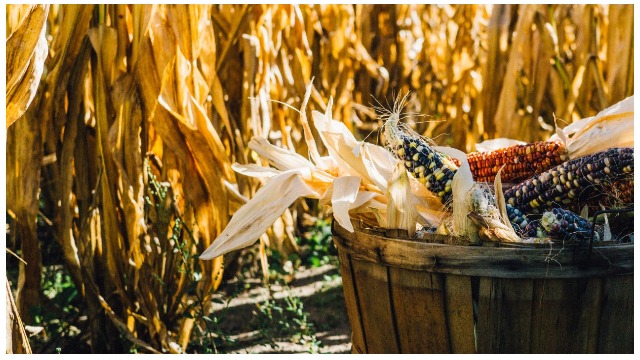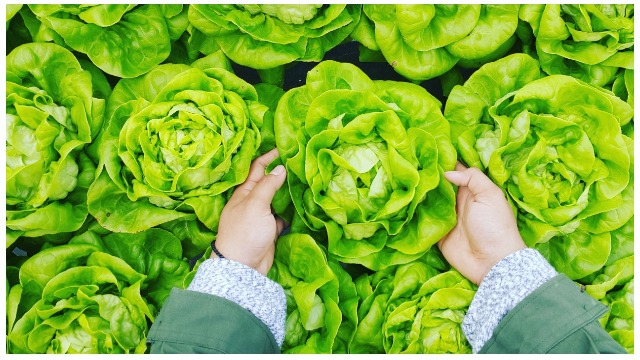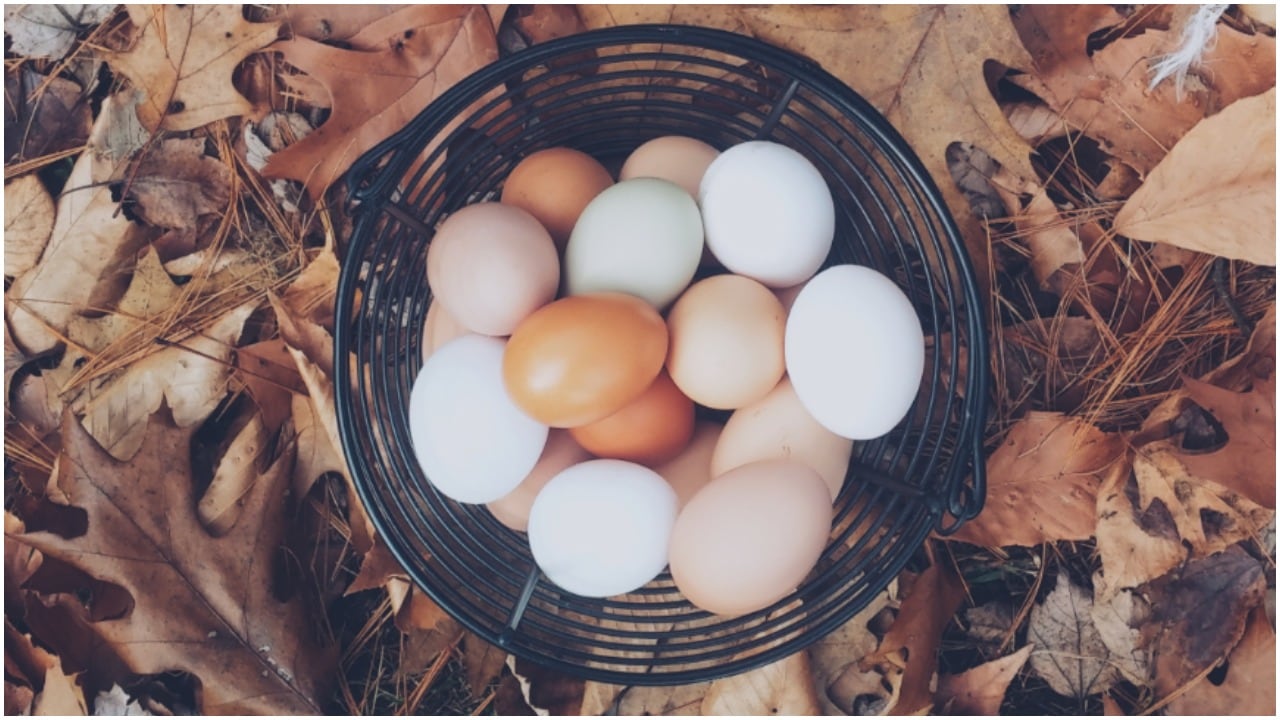
If you’re looking for the sense of accomplishment that comes from working with your hands, being able to create something from nothing, and then having something tangible to show for all your efforts, then starting a hobby farm might be your next great adventure. Many hobby farmers consider the activity very rewarding. Harvesting your own produce you planted as seeds or raising little chicks into fully functioning farm animals creates an intense sense of accomplishment. We think hobby farms are so great that we decided to put together a little guide on how to start your very own.
What exactly is a Hobby Farm?
A hobby farm is typically a smaller scale farm that you start purely for the enjoyment of doing it, hence the word “hobby.” While in some cases you may sell some of your produce, financial profit is not your intention. Rather, it’s an exciting new activity where you get to create something with your own hands. For many families, a hobby farm also acts as an effective way of teaching children life values.
Hobby Farm vs Homestead
The concept of a hobby farm is similar to that of a homestead. The major difference, however, is that with a homestead, livelihood is a large part of the equation. The main purpose of a homestead is to sustain the farmer and their family through the profits generated from the sales of produce or animal products, or by using what is grown or raised to sustain themselves throughout the year. On the other hand, with a hobby farm or even urban farming, your livelihood is not dependent on how your crops and animals perform each year.
Finding the Right Space or Land
One of your first steps is going to be finding your land. You may not have to look far – chances are you could to start out in your backyard. However, you need to check with local governing agencies or homeowner associations to find out if there are any restrictions or permits required for your hobby farm. For example, some HOAs don’t allow roosters because of potential noise complaints, whereas some properties located within city limits only allow for up to 3 chickens and no farm animals larger than a certain size or weight.
On the other hand, you may choose to buy or rent a piece of land to allow you more freedom to pursue bigger farming endeavors. Where the average purchase price for an acre of land varies greatly by location, choosing good quality land can be one of the largest challenges when creating your hobby farm, but here are some key things to keep in mind.
The quality of your soil is going to be a key factor in your decision-making process when buying or renting land. This is especially important when it comes to growing crops or raising any kind of farm animal where grazing on the local fauna is expected. On the other hand, when raising chickens, almost any land will do the job.
Depending on your location, you might want to test the soil for things like its pH (how acidic/alkaline the soil is) and nutrient content. You may be able to improve soil fertility later on, but that is a lengthy process and could put your hobby farm plans on hold. You should also pay attention to the amount of sunlight the land receives (tree cover), along with things like water sources, drainage, and types of local wildlife. Depending on how informed you want to be, it might also be a good idea to hire an environmental engineer to help with the assessment. You’ll want to ensure you’re getting quality land so you’re not forced to abandon your hobby farm later on due to unforeseen environmental issues.

Growing Crops
Eating your own crops is a great way not only to enjoy the fruits of your labor (pun intended) but it’s also a perfect way to bring the family together and share your bountiful harvest with others. Nonetheless, when starting out as a beginning gardener, there are some key factors to consider before jumping in and planting every seed you went wild for at the local feed store.
The climate in your region will have a considerable impact on the types of crops you choose to start out with. For instance, asparagus will grow nicely in the Southwestern region of the U.S. If you’re located in the Northwestern area, you might choose an easy crop such as turmeric. Many other crops, such as beans, can grow almost anywhere if you plant them at the right time. However, the most important thing is knowing when to plant, what kind of sunlight the crop requires (direct/indirect), how often to water and when to harvest.
You should also familiarize yourself with the harvest process ahead of time as each vegetable can be particular with its timing, such as with garlic. Since the head of garlic develops underground, it can be tough to tell when the root is ready to harvest. Attempting to harvest garlic like an onion (when the leaves turn brown) would actually result in an overripe harvest and the cloves of your garlic would already begin to separate from each other. The sweet spot for garlic is to harvest when the lower leaves turn brown but you still have roughly six leaves on top that are green and still standing.

Raising Animals
Most hobby farmers would probably agree that chickens are a great animal to start with. They are relatively easy to raise and maintain and in return, you will get organic free-range eggs every day. Plus, they will help out with pest control in your garden, though they have been known to peck at vegetables as well so don’t leave them in there too long.
To get started, you will need a coop to keep them safe and secure and somewhere they can roost as they get older and begin laying eggs. You can pick up pre-made chicken coops for a couple hundred dollars, and depending on how much “free range” you want your chickens to have, you may need to think about additional fencing.
Baby chicks are relatively inexpensive. Depending on the breed, you typically can pick up baby chicks in the range of $1 – $5 each. They are extremely cute, so don’t go overboard and buy ten when you only planned to raise three.


Commit to Your Hobby Farm
As much as a hobby farm can be a source of pleasure, it is also a large responsibility. If you’re raising chickens, you must make sure they have water and food every day while also preventing their water supply from freezing during winter. Do your research and talk with local veterinarians to understand how to best take care of your animals’ needs and well-being. And get ready to roll up your sleeves and work all year round.
However, beyond the hard work, enjoy your farm. You started this as a hobby as a way to have an escape and work with your hands and create something from the ground up. Start small and expand a little each year. Attempt new crops that interest you or venture into raising rabbits or possibly a goat. Most of all, share your harvest with those who will appreciate your hard work the most.
Fair Use Statement
Want to share this article? Don’t worry, be happy! We’d love for you to do so. All we ask is that you link back to this page and credit Redfin for the work.

 United States
United States Canada
Canada